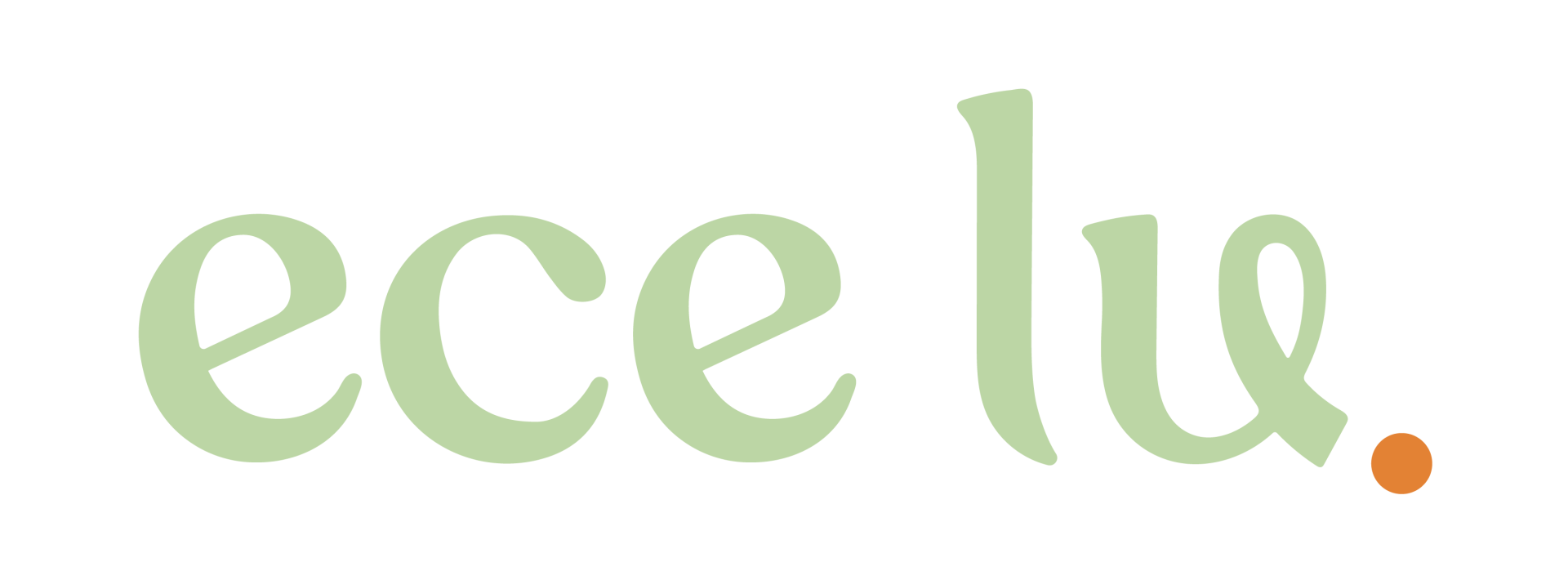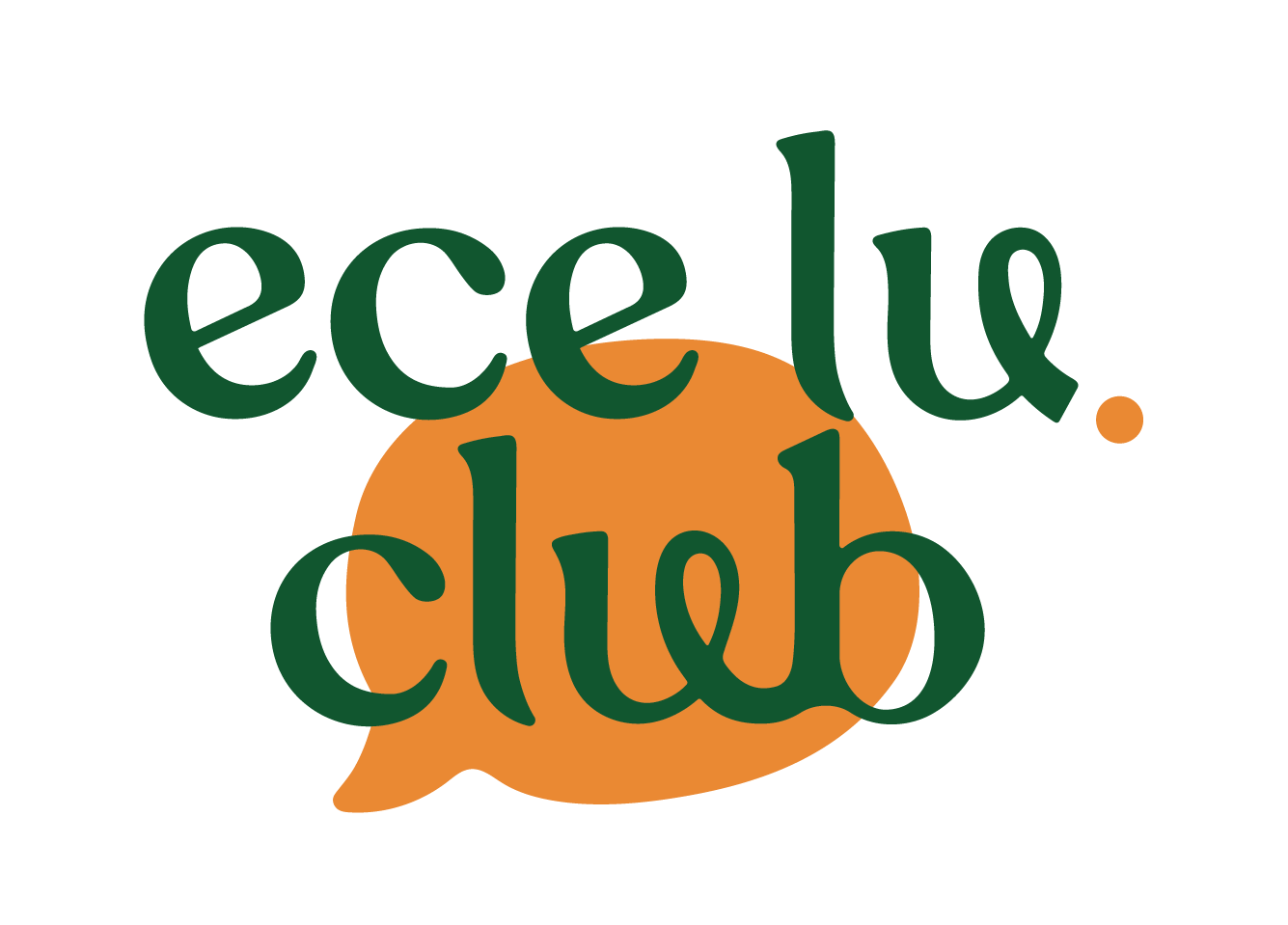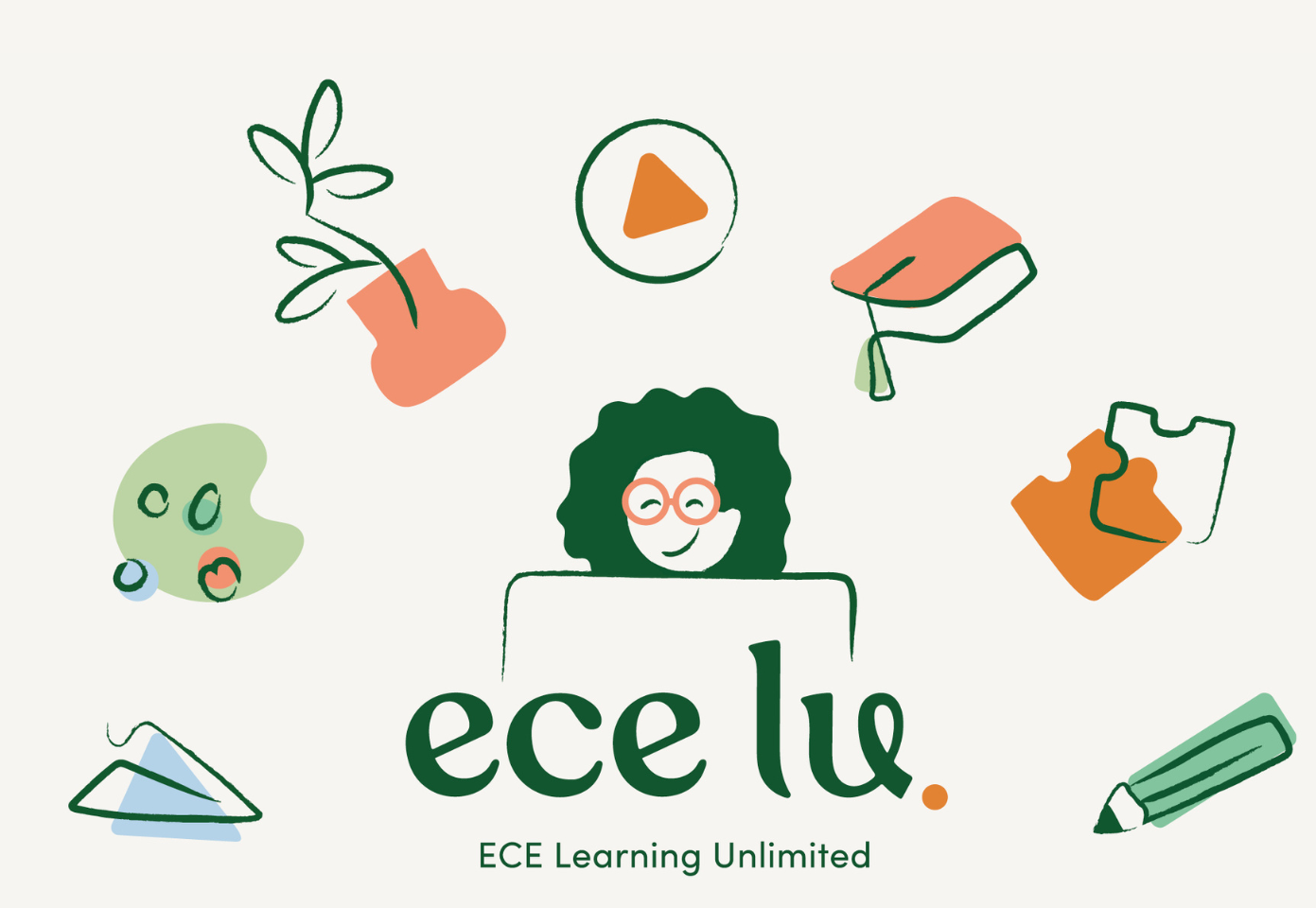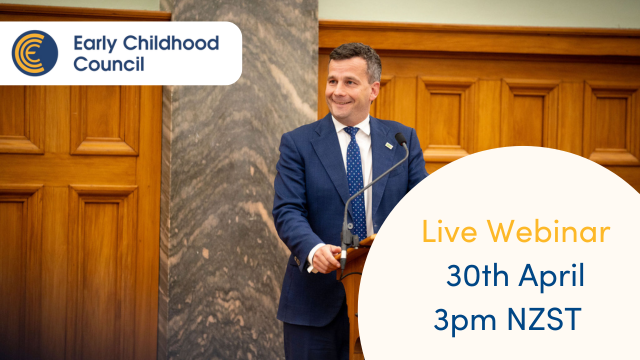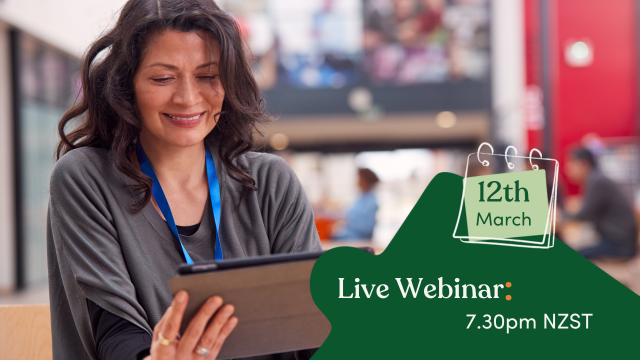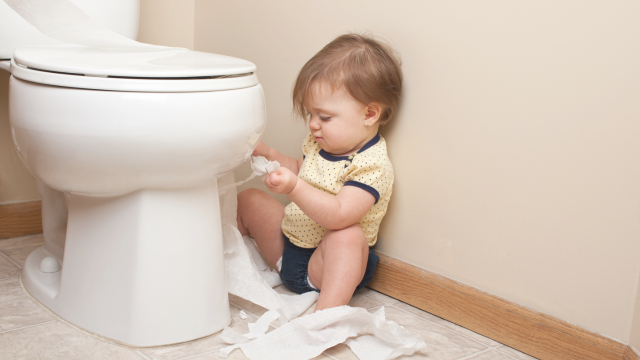
Let's do some Toilet Talk...
"It is important for toileting to be an autonomous activity led by the child and not a process that families or educators ‘accelerate through training" (Belza et al., 2019, p. 497).
A more respectful approach recognises that children are capable of learning to use the toilet. Just as they learn everything in life.
Learning to use the toilet is a significant milestone in a child's life. And it can be one of the most troublesome issues that we have to deal with as infant and toddler teachers (followed closely by biting! But that is another topic for later).
But I want you to notice the language that is used in this care moment..."Learning to use the toilet" rather than "Toilet training."
Firstly, we are not training animals. We are caring for children.
The use of the term "training" implies that we must teach children to use the toilet. And this is something that they must be "trained" to do.
"It is important for toileting to be an autonomous activity led by the child and not a process that families or educators ‘accelerate through training" (Belza et al., 2019, p. 497).
A more respectful approach recognises that children are capable of learning to use the toilet. Just as they learn everything in life.
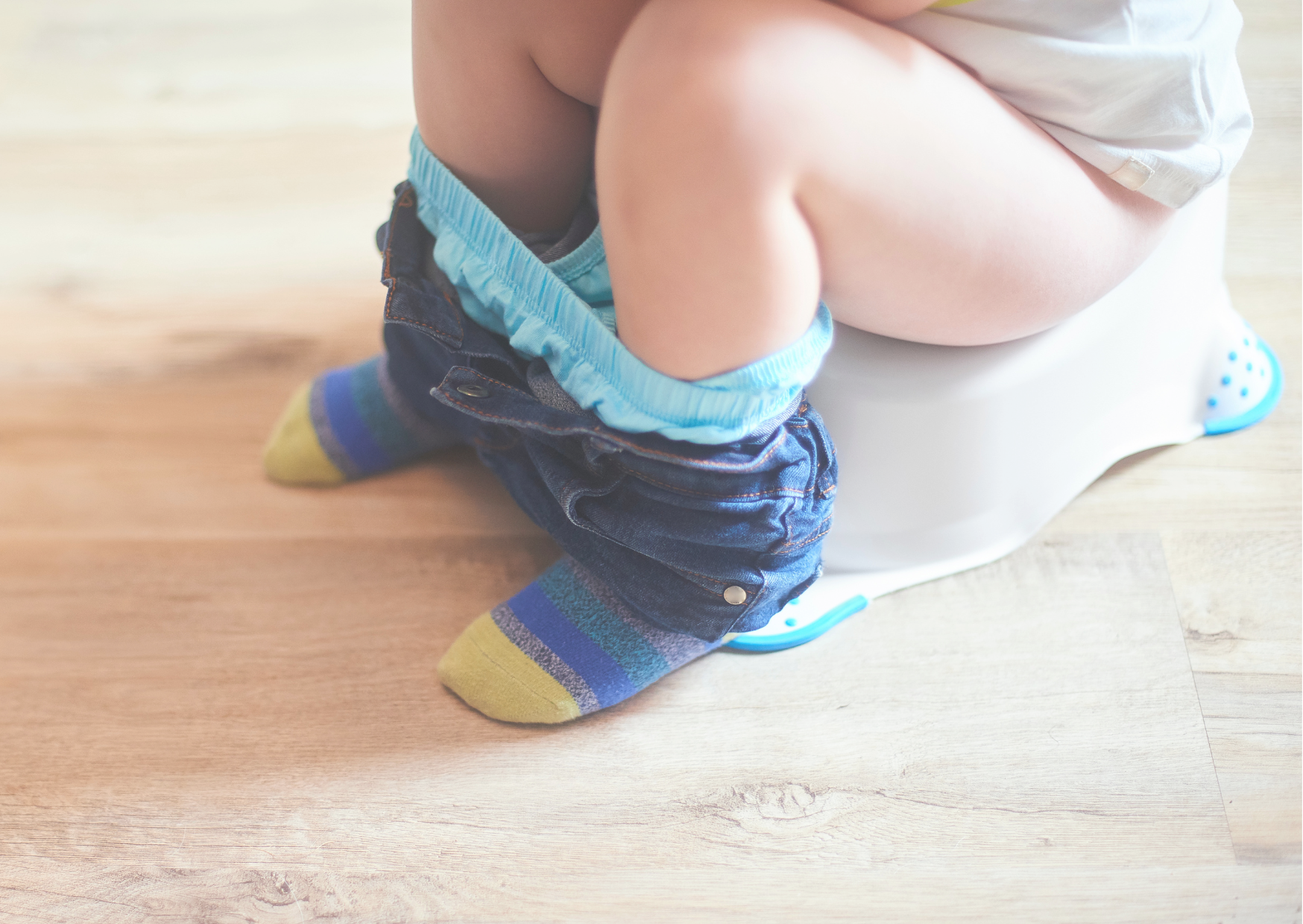
Reconceptualising toileting for learning requires educators to facilitate opportunities for children to be actively involved. This supports children to learn how to lead their toileting experiences independently in the future. It also helps children build communication skills, through rich one-on-one conversations with educators about what is happening, and supports them to gain understandings of consent, of their bodies and how they work.
Children experience thousands of nappy changes and toilet times during the early years. This provides regular opportunities for creating predictable patterns for children and consistent ways of approaching routines for educators. Toilet learning is a more relevant term, as toileting should be a learning process that children facilitate and learn to understand.
The child’s role in nappy changes is to be an active participant. Toddlers can gradually learn to undress themselves and wipe their own bottoms, kick-starting their journey to independent toilet learning. Encouraging children to be active participants and to pay attention to what is happening with their bodies is also a vital part of learning more about consensual touch to their most intimate parts.
"Toileting should be a learning process that children facilitate and learn to understand."
"Toileting should be a learning process that children facilitate and learn to understand."
The role of educators, when supporting children at toilet time is to ensure that children get their full attention. This is an integral part of the curriculum, so time and resources need to be allocated to this routine. This can be a chance for educators to support language learning by continually describing what is happening during the experience. They can label and put words on actions and feelings, for example, by describing what will happen next, when the child should be involved and in which way.
These times are a great opportunity for using rich, full sentences; pausing and observing the child’s eyes, face and body; and waiting for cues and responses. This way, children learn how conversations work, what it means to be listened to and how to share with someone else. During the process, educators need to ensure that their hands are gentle and their facial expressions are positive and inviting.
Through attuned routine experiences, children feel safe and are encouraged to stay present in the moment. They learn that educators listen carefully to what they say and pay attention to their verbal and non-verbal cues. Children will also learn about their bodies and develop their sense of agency, while practising self-help skills they will build on for the rest of their lives.
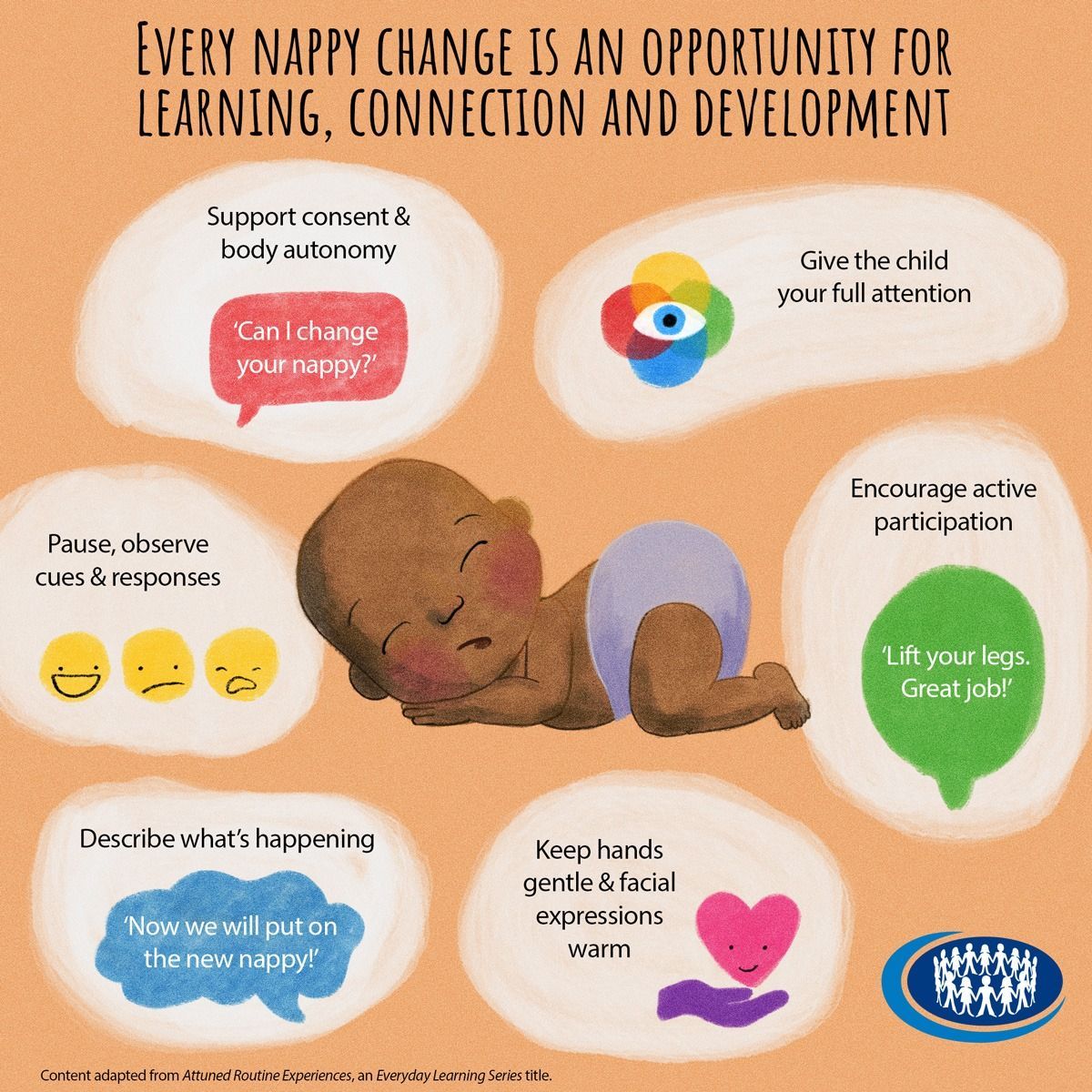

Written by
Dr Katherine Bussey
Research Fellow
School of Psychology, Faculty of Health
Deakin Child Study Centre
Dr Katherine Bussey, is a passionate infant and toddler specialist originally from New Zealand living in Melbourne, Australia now working as a Research Fellow and lecturer. She has spent the last 20 years actively learning about and developing practice in early childhood education based on the Pikler® approach and Magda Gerber’s Educaring Approach (RIE®).
She is the chairperson for ITANA and is in the final stages of becoming a Pikler® professional. Katherine mentors and provides professional learning and development for educators, engaging in inspiring critical reflection, learning and growth in infant, toddler and early childhood teams.
Share your thoughts...
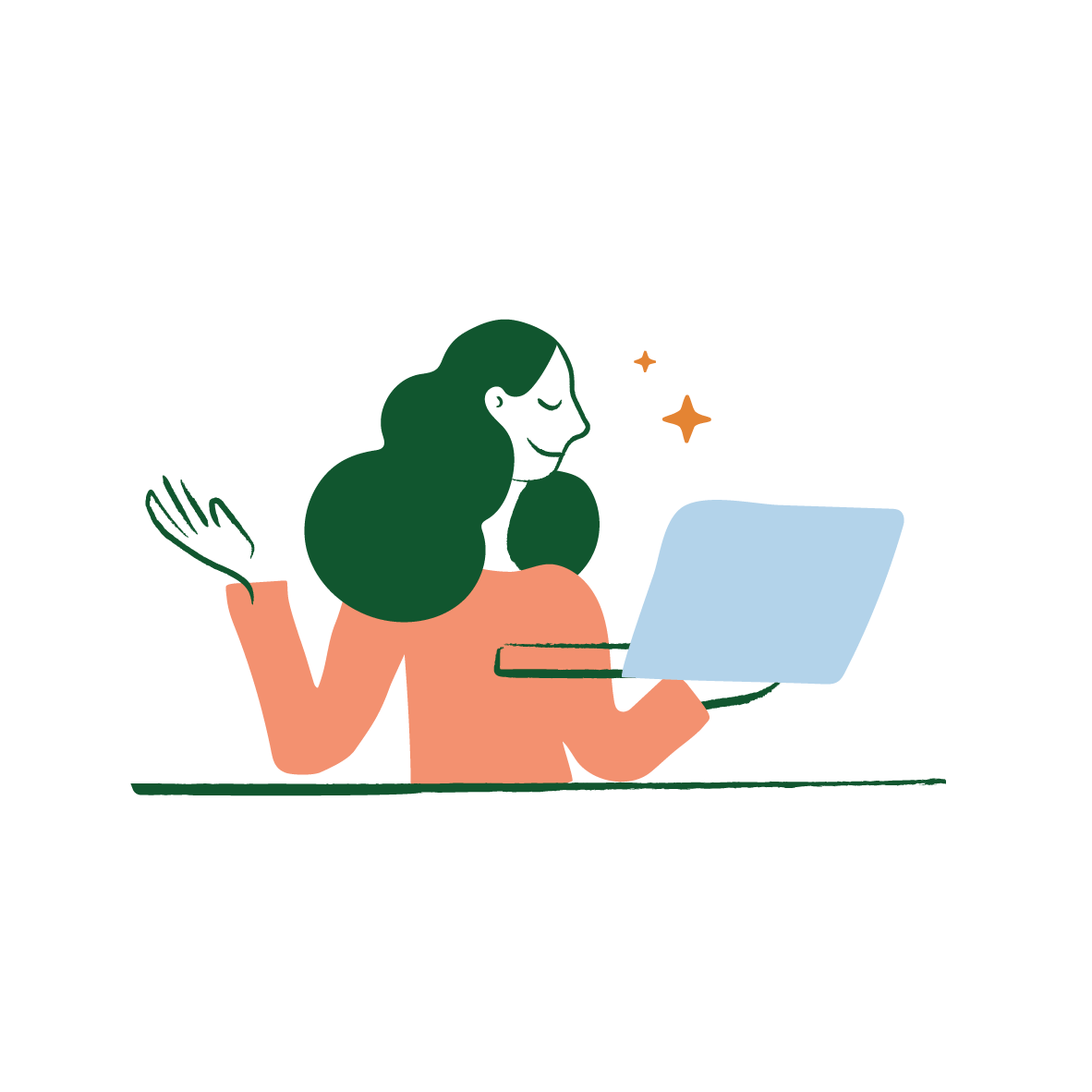
Need more?
Never miss a blog
Join our mailing list and keep up to date with new releases
Thank you!
